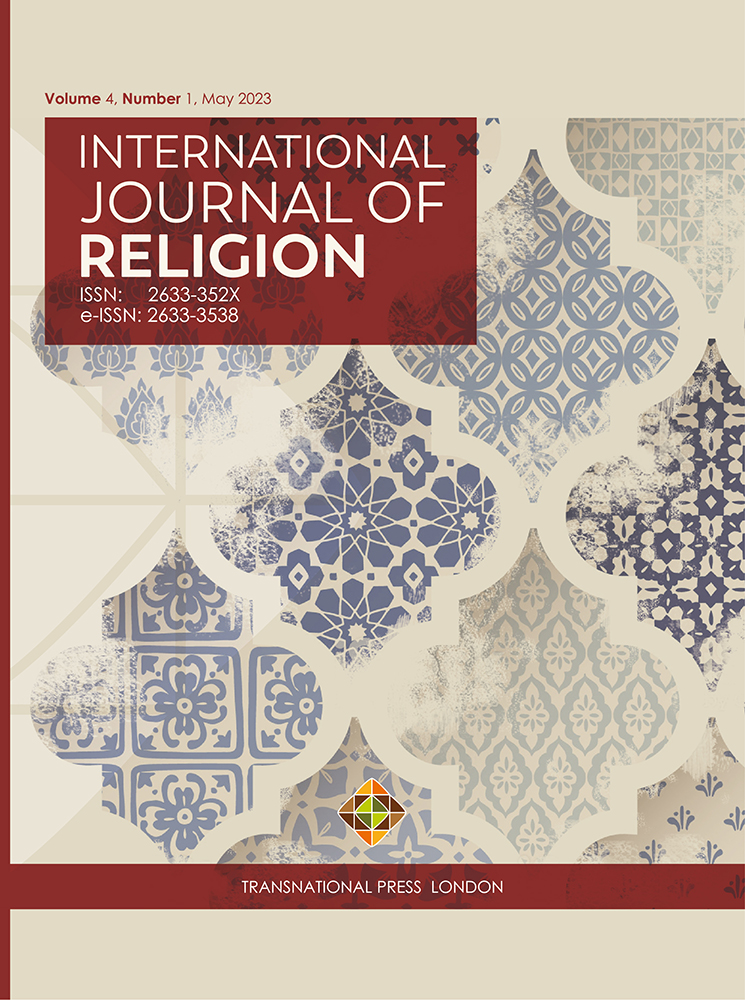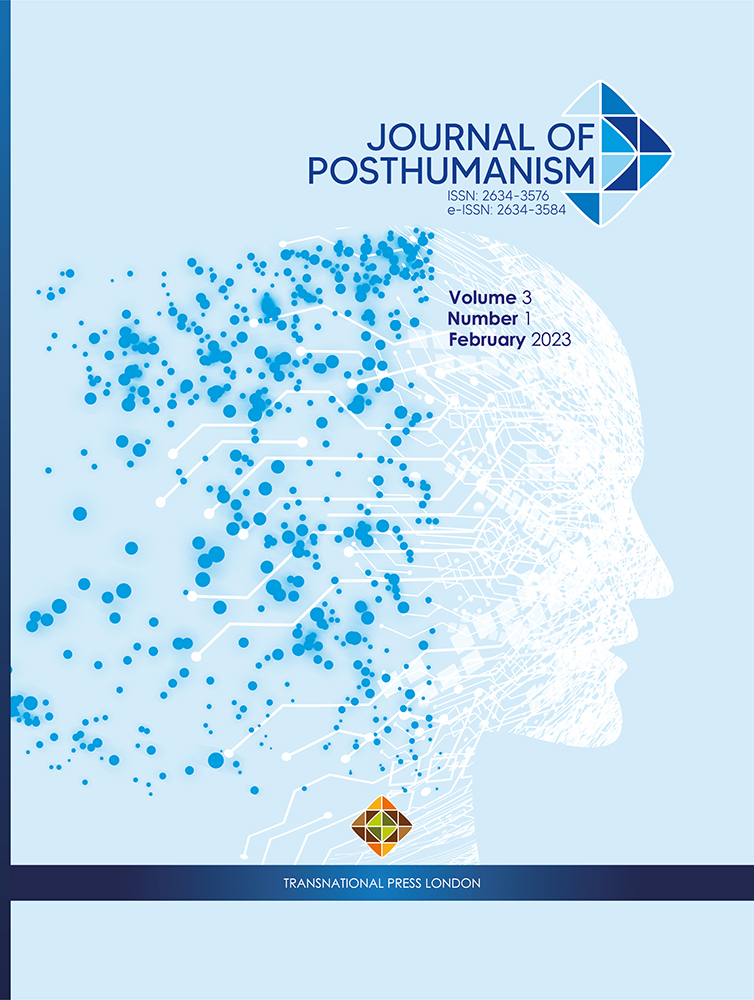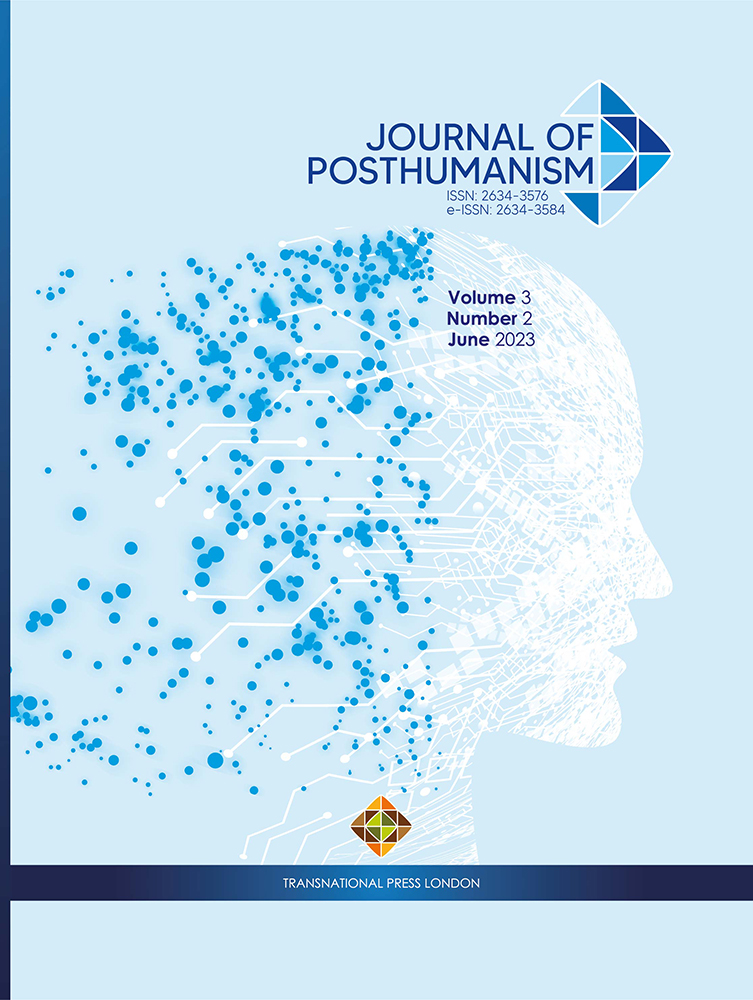
Veiled Integration: The Use of Headscarves among a Christian Minority in Sweden
Veiled Integration: The Use of Headscarves among a Christian Minority in Sweden
Keywords: Integration; religion; tradition; veiling; Syriac Orthodox Church; Sweden;
In this article, we trace a specific ‘situated bodily practice’, namely the ‘act of covering’ the head with a scarf during liturgy, in a church that has migrated from the Middle East to Sweden. This ‘veiled tradition’ is interpreted as a ‘ritual of migration’ that can cast light on the complexities of re-producing traditions in a new setting, functioning as a ‘cultural prism’ for the question of integration. The broader aim is to nuance the symbolic value given to the veil in political discourse in the West, as a sign of (non-)integration. The empirical basis for this study has mainly been film analyses of liturgies in Syriac Orthodox congregations in Sweden. Building on an analysis of this material, four different usages of the headscarf could be traced: as ordinary dress, that in theory should cover the hair, but seldom did; as festal dress, resembling an accessory; as liturgical dress, used both as a token of piety and spiritual authority, and not to dress in a headscarf, resisting gender discrimination. These usages are compared to, but not fully explained by the idea of ‘new veiling’ among Muslim women, and therefore broaden the understanding of veiled traditions in a migration context.
More...

